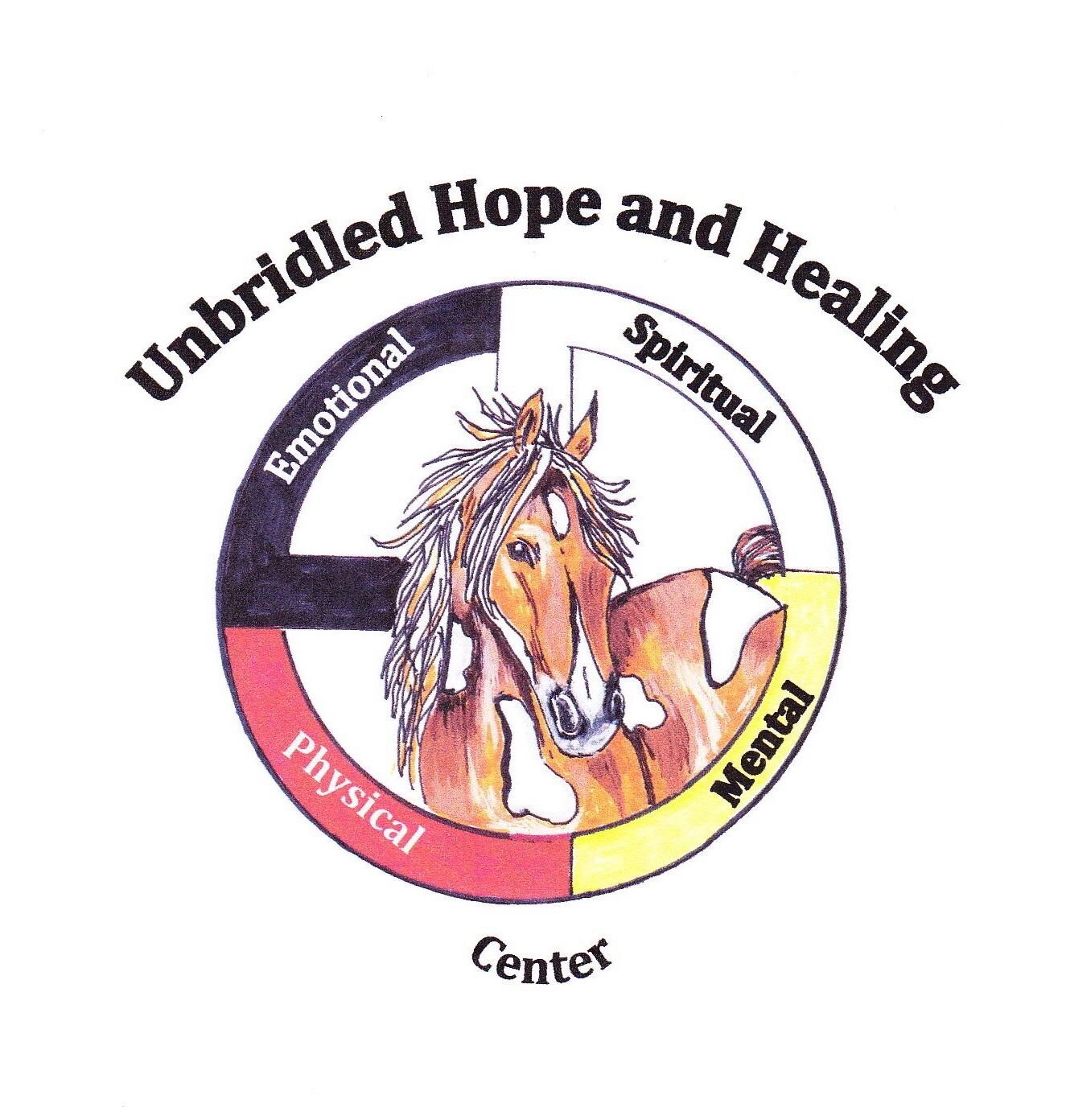
Hippotherapy
Hippotherapy
Hippotherapy is a treatment strategy where the licensed therapist purposefully manipulates the movement of the horse to engage the sensory-motor and neuromotor systems to create functional change in children or individuals with motor, language, or cognitive disabilities. Hippotherapy specifically addresses impairments of tone, range of motion, timing, attention, arousal, coordination, balance, and postural control. Hippotherapy has been used as an adjunct to Physical therapy since the 1960s.
The movement of the horse provides multi-modal sensorimotor experiences that are precise, rhythmic, and repetitive. The horse provides multi-dimensional movement through space, helping the patient to experience visual flow and vestibular input as well as a symmetrical dynamic surface. This allows the patient to develop and practice functional postural control and balance. Examples of human systems influenced by Hippotherapy include:
Motor
Musculoskeletal
Nervous/Limbic
Respiratory
Circulatory
Sensory Processing
Speech-language
Cognition
Hippotherapy is routinely used for adults and children who are unable to fulfill or participate in normal life roles.
Please feel free to reach out below.
Unbridled Hope and Healing Center is a horse rescue and comprehensive therapy center focusing on providing free services for military veterans, children, couples, and families in need. Licensed treatment professionals and horse professionals will incorporate equine movement and activities (mounted or un-mounted) in an equine environment for the purpose of rehabilitating individuals and horses physically, mentally, and emotionally.
Our staff of professionals will use evidence-based practice and clinical reasoning to use horses as an integral and experiential tool for treatment in addressing:
Veterans dealing with PTSD and other trauma issues
Physical Disabilities
Individuals dealing with issues of childhood trauma
Persons suffering from depression and anxiety
Victims and perpetrators of sexual abuse
Cognitive disabilities
Speech and language disabilities
Domestic violence victims and perpetrators

